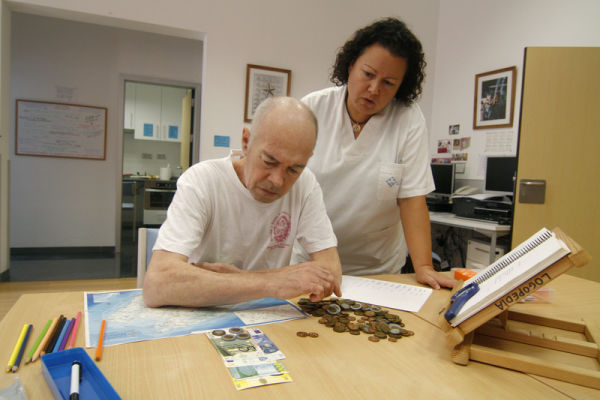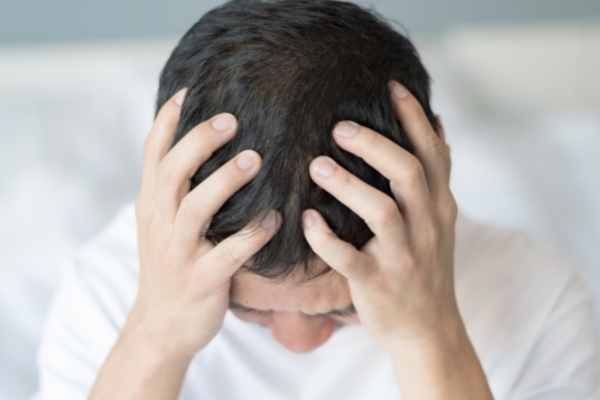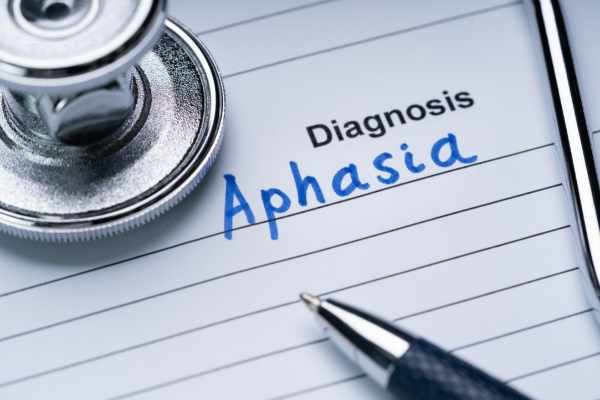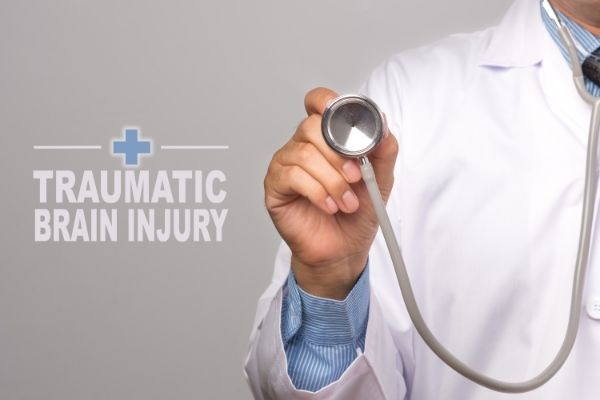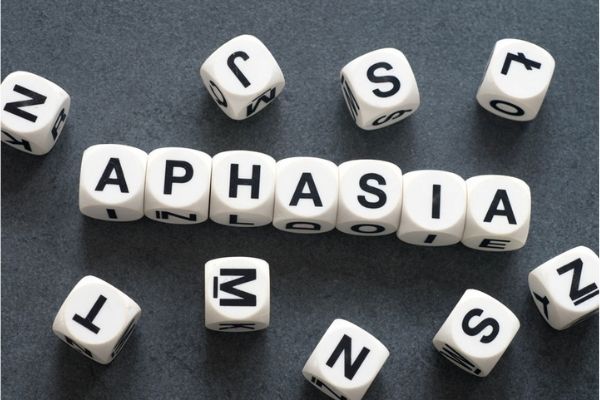Stroke is the sudden death of brain cells caused when an artery that supplies blood to and within the brain is blocked by a blood clot or suddenly bursts. Stroke is the fifth cause of death and number one cause of disability in adults in the United States. Some people have a higher propensity to suffer a stroke. Health factors like cardiovascular disease, high blood pressure, a sedentary lifestyle, age, diabetes, obesity, smoking, and a family history of stroke all increase the chance of a stroke.
So, does this mean that if you are seemingly healthy, you are at no risk for stroke?
The answer is no. The truth is that there are things like congenital heart defects and experiencing periods of high levels of stress that also contribute to a higher incidence of stroke, and that can be beyond our ability to do much about. Practicing an active lifestyle in combination with a healthy diet and employing techniques to manage stress can go a long way to reduce the chance of stroke. So, can the body send us a signal or give us a warning sign that we are at risk of stroke, especially in healthy individuals. The answer is yes.
Mini Strokes
Recent research studies have found that suffering a transient ischemic attack (TIA) is one way the body warns us of a probable stroke. TIA’s are also known as mini-strokes. It is called a mini-stroke because the blood flow to the brain is temporarily interrupted or disturbed. No brain damage results from a TIA. The symptoms from a TIA include problems speaking, confusion, weakness, or tingling, among others. Data shows that TIAs occur in one-third of individuals who had an actual attack.
These TIAs can happen anywhere between days to hours of the stroke. They can last just a few minutes to hours. No matter how mild or severe the TIA is, it should be taken and treated as seriously as an actual stroke. Therefore, it is essential that close medical monitoring be provided to a person who has experienced a TIA.
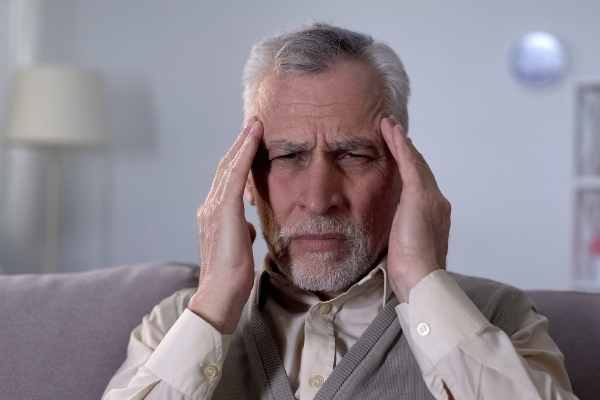
Another warning sign is a headache. A headache associated with a stroke comes on very suddenly and is very intense. It’s different from a migraine in that it develops gradually and is accompanied by increased sensitivity to stimulation from the environment.
By contrast, a headache associated with stroke presents with a loss or decreased sensation. Between seven and sixty-five percent of those who suffered a stroke reported a headache before the event. The headache location is often associated with the part of the brain where the stroke is likely to occur.
Other symptoms are indicators that a stroke is imminent. A loss of sensation often accompanies headaches and TIAs, visual disturbances or double vision, slurred speech, difficulty comprehending speech, reduced sensation and weakness on one side of the body, and dizziness, among others.
When one or a combination of these symptoms occurs, 911 should be called immediately to administer proper medical attention. Early medical intervention is the most critical factor in diminishing long-term effects or disability from a stroke. This is especially important if you are at a high risk of stroke due to your medical history.
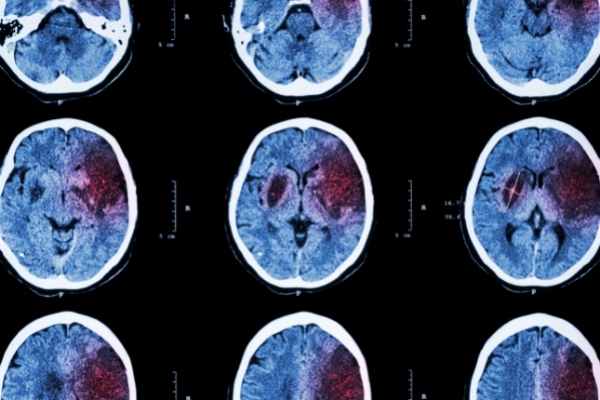
Mini Strokes
Some medications can be given to entirely or significantly reduce long-term effects from stoke. One of these drugs is Tissue Plasminogen Activator (TPA). When this drug is given to patients via an IV within three hours of the stroke onset, it can restore blood flow to the areas affected by the stroke by dissolving blood clots. This, in turn, can significantly improve the individual’s physical and functional outcome. Although many advances in stroke prevention and care have been made, stroke continues to be a critical medical issue affecting over 800,000 people in the United States.
Although stroke cannot be prevented entirely, a healthy diet, active lifestyle that includes moderate exercise several times a week, avoiding smoking, and reducing stress can go a long way in reducing the risk of stroke.
Awareness of one’s medical family history is also critical in understanding one’s risk. There probably isn’t a more clear-cut case in the brain-body connection than stroke. It is essential to listen to any concerning signs our body sends us and take the necessary steps to ensure continued health.

